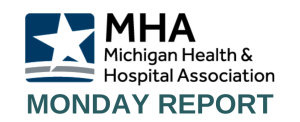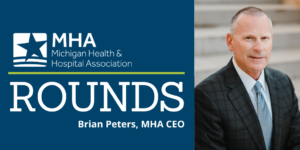The Michigan Department for Health and Human Services (MDHHS) issued a Request for Proposal (RFP) to enhance support for pregnant and postpartum individuals facing substance use disorder. The Peer Navigator Pilot Project (PNPP) aims to place Peer Navigators in healthcare and behavioral health settings to identify, restore trust and partner with families to provide immediate access to essential services.
Peer Navigators support families through a recovery journey and facilitate connections with community resources. The RFP is open to the public and nonprofit hospitals/health systems, OBGYN offices, community health centers, community substance use treatment providers, community peer recovery coaching agencies, federally recognized tribes and Federally Qualified Health Centers.
Eligibility is exclusive to entities that are public and nonprofit. Applicants will be ranked based on priority to place one Peer Navigator in each of the focus counties/regions:
- Ingham County
- Kalamazoo County
- Region 1 (Upper Peninsula)
- Wayne County
Proposals should also include the target population of pregnant person through 12-weeks postpartum in the areas identified. As a data driven project, Peer Navigators will be responsible for all data collection throughout the pilot project, reporting outcomes utilizing the REDCaP system.
This grant will award a total of $500,000, with individual grants ranging from $60,000 to $125,000 to be implemented during a five-month period, between May 1 and Sept. 30, 2024.
Applications are due March 7, 2024, by 3 p.m. through EGrAMS. A recording of the pre-application webinar, held Jan. 31, can be found is available. The MDHHS intends to release a FAQ Feb. 7 on the EGrAMS website.
Members with questions may contact Kelsey Ostergren at the MHA.




 MHA Podcast Explores Workplace Violence Resources for Michigan Hospitals
MHA Podcast Explores Workplace Violence Resources for Michigan Hospitals Economic Indigestion for U.S. Healthcare is Reality: Here’s What it Means in 2024
Economic Indigestion for U.S. Healthcare is Reality: Here’s What it Means in 2024







